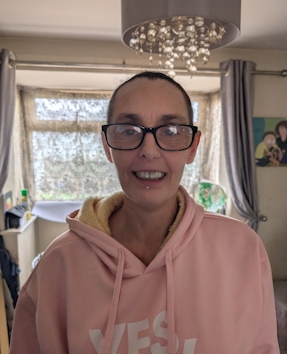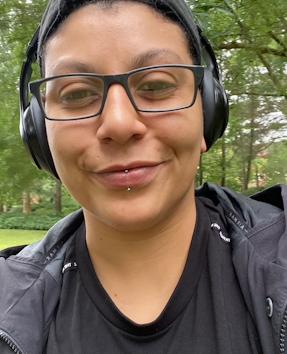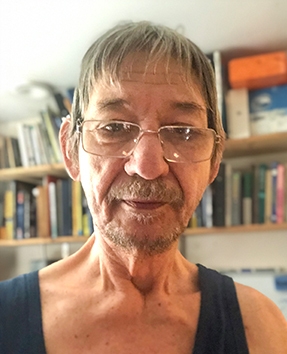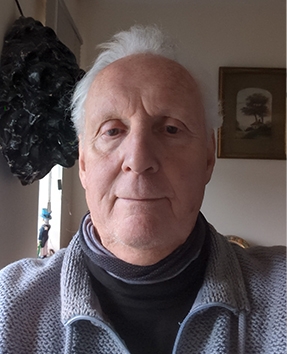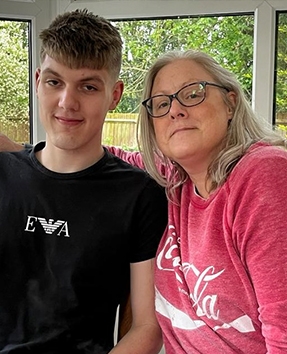Medical Cannabis for Neurological Conditions
Hundreds of thousands of people across the UK suffer from Neurological conditions. These diseases of the central and peripheral nervous systems include epilepsy, MS, Parkinson’s disease, Alzheimer’s disease and dementia, ALS, Bell’s palsy and ADHD, amongst others. While conventional medicines and treatments are well-tolerated by many, for some these traditional approaches remain ineffective. In these cases, Releaf may be able to help, offering doctor-backed holistic alternatives for complex Neurological conditions.
Am I eligible?
Neurological
Many neurological conditions have no cure and can significantly impact speech, movement, and emotions. Conventional medicines and surgery often come with severe risks and side effects, and the NHS already prescribes cannabis-based treatments to some MS and epilepsy sufferers. However, evidence shows that these alternative treatments can improve the quality of life for people living with a wide range of debilitating neurological disorders.
How Can Cannabis-Based Treatments Help?
CBD’s antioxidant and anti-inflammatory properties may promote the health and functioning of brain cells, and reduce symptoms associated with neurological disorders. Cannabis may also have neuroprotective properties which could help protect against nerve cell degradation and damage and reduce muscle stiffness, tremors, and pain. Some patients have reported increased clarity of thought, an elevated mood, and less anxiety due to taking CBD.
70%
Of people with epilepsy could live seizure-free lives if properly treated.
1 in 5
MS patients have used cannabis to manage symptoms.
26%
Of Parkinson’s patients surveyed have used cannabis-based treatments.
49%
Reduction was noted in spasticity after 12 weeks of CBPM use.
Articles on Neurological
What our patients say about us
You’ll be Supported By an Expert Medical Team
"Medical cannabis can help manage neurological conditions by reducing muscle spasticity and rigidity, pain, and seizures. While licensed CBPMs like Epidyolex for epilepsy and Sativex for multiple sclerosis can be prescribed by the NHS, private medical cannabis clinics like Releaf can prescribe medical cannabis for a wide range of neurological conditions. Medical cannabis offers great flexibility in the delivery of cannabinoid therapy for these conditions and can be used in other areas such as migraine and cluster headaches, Parkinson’s disease, Alzheimer’s disease, motor neurone disease, as well as neuropathy and fibromyalgia."

Dr. Michal Modestowicz
Neurology
Common symptoms associated with neurological conditions
Changes in sensation
Difficulty retaining information
Impaired vision or dizziness
Loss of coordination
Loss of feeling or tingling sensation
Memory loss
Mood swings or emotional changes
Muscle weakness
Persistent headaches
Seizures
Speech and language difficulties
Tremors
It's important to note that these symptoms are general and may not be exclusive to any specific neurological condition. Consulting with a healthcare professional is crucial for accurate diagnosis and tailored treatment plans based on individual needs.









